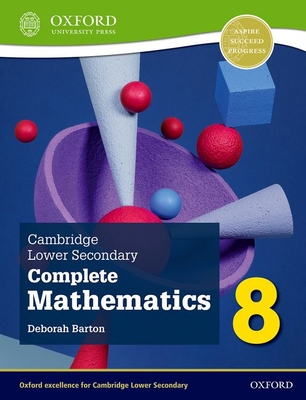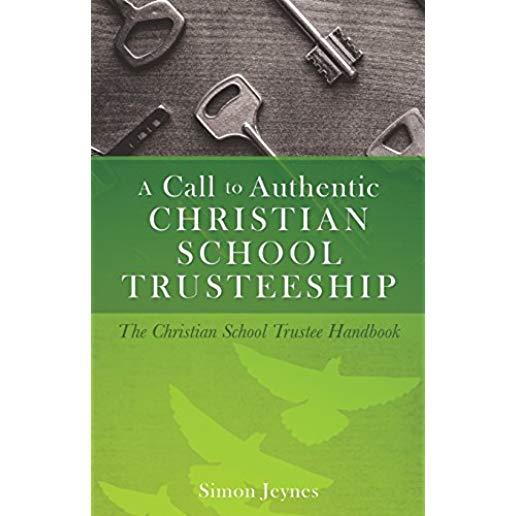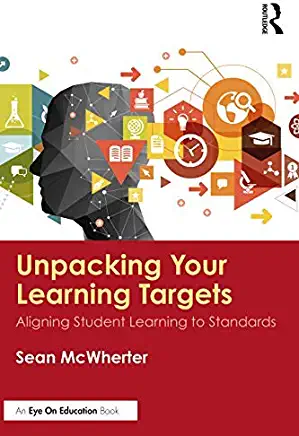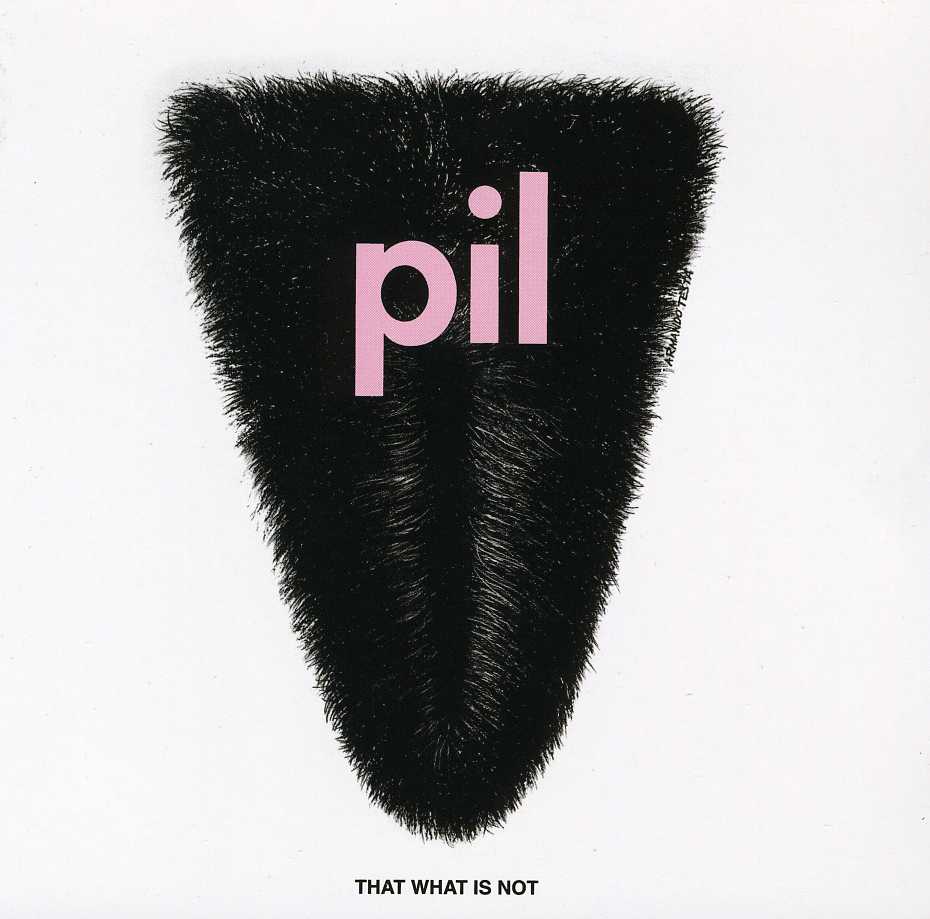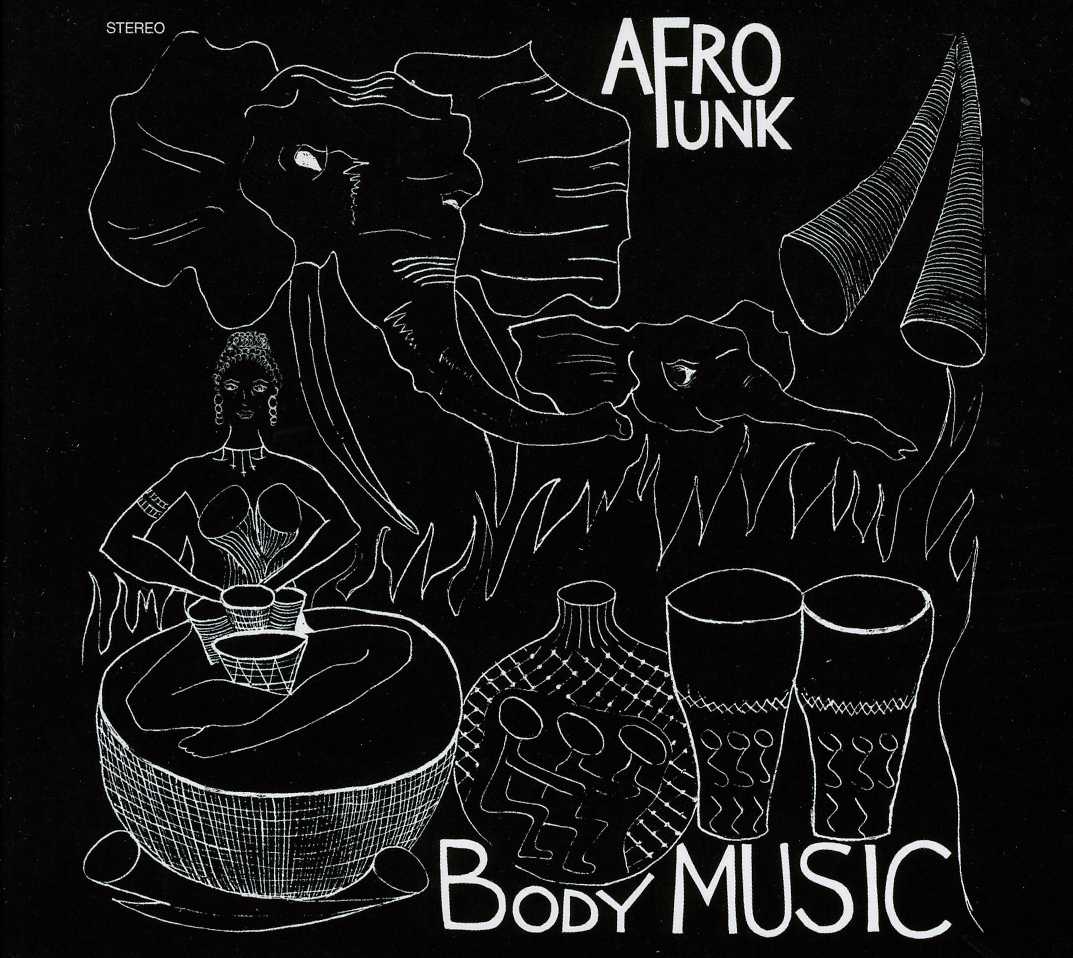
description
4". . . Rohlen's book achieves exciting conjectural stances while providing us with rich and trustworthy substantive data and description. His treatment of schools as 'moral communities, ' his call for new, culturally sensitive definitions of moral and creative goals in children's education, his interest in the consensus between parent, school, and society which underlies effective schooling are reason alone why this book should be read by anyone interested in the context and future of any educational system ... A splendid book for non-specialists, as well as for policymakers ... "--Merry T. White, The Review of Education "Rohlen uses education as the entering wedge for a good understanding of Japanese society in general. That the author was sensitive to and appreciative of Japanese ways is evident throughout."--Eloise Lee Leiterman, Christian Science Monitor "Never have I encountered a work on modem Japan which so skillfully captures what is intrinsically unique about the society. Indeed, Rohlen proves that comparative education need not be a litany of lifeless facts."--Linda Joffe, London Times Educational Supplement "On the basis of fourteen months of fieldwork in five Japanese high schools, the author integrates observation of the schools themselves with discussion of their relationships to higher education and society at large. . . . Rowen's conclusions offer insightful contributions to the current debate on secondary education in the United States."--Harvard Educational Review "The best introduction for many a year into the cultural mainsprings of Japanese society, the principles of its organization, and the way its citizens think and feel."--Ronald P. Dore, Journal of Japanese Studies
member goods
No member items were found under this heading.
listens & views

CELLO SONATAS / FANTASIA SOPRA ...
by KODALY / CRUMB / LIDHOLM / NORDHEIM / MORK
COMPACT DISC$19.25
Return Policy
All sales are final
Shipping
No special shipping considerations available.
Shipping fees determined at checkout.
